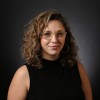CSN welcomes first students of sign language, interpreting
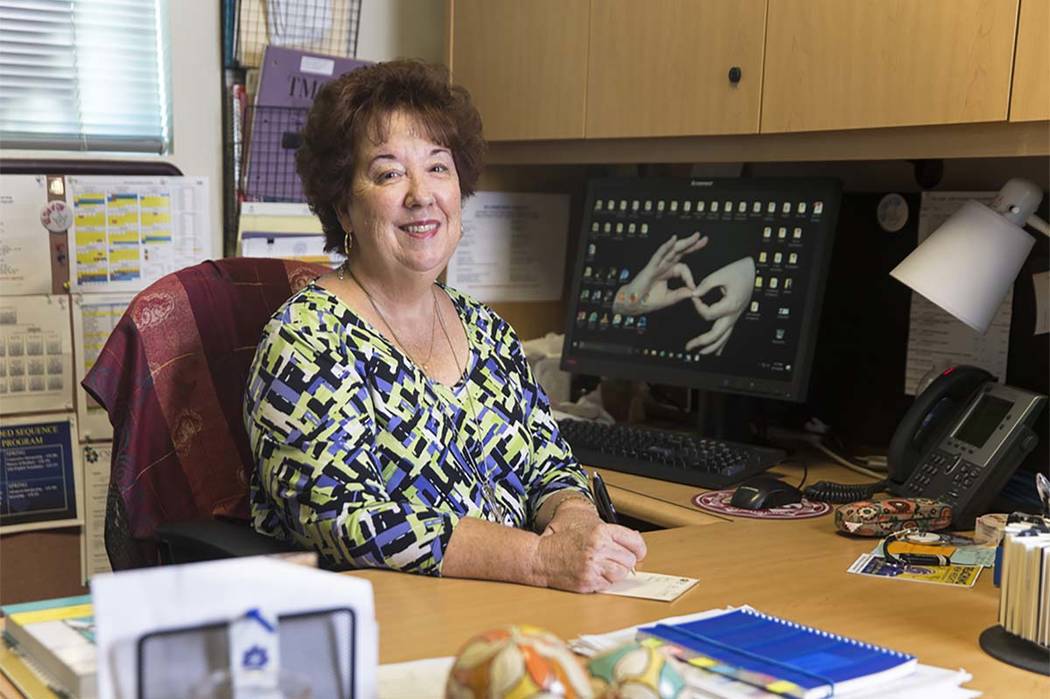
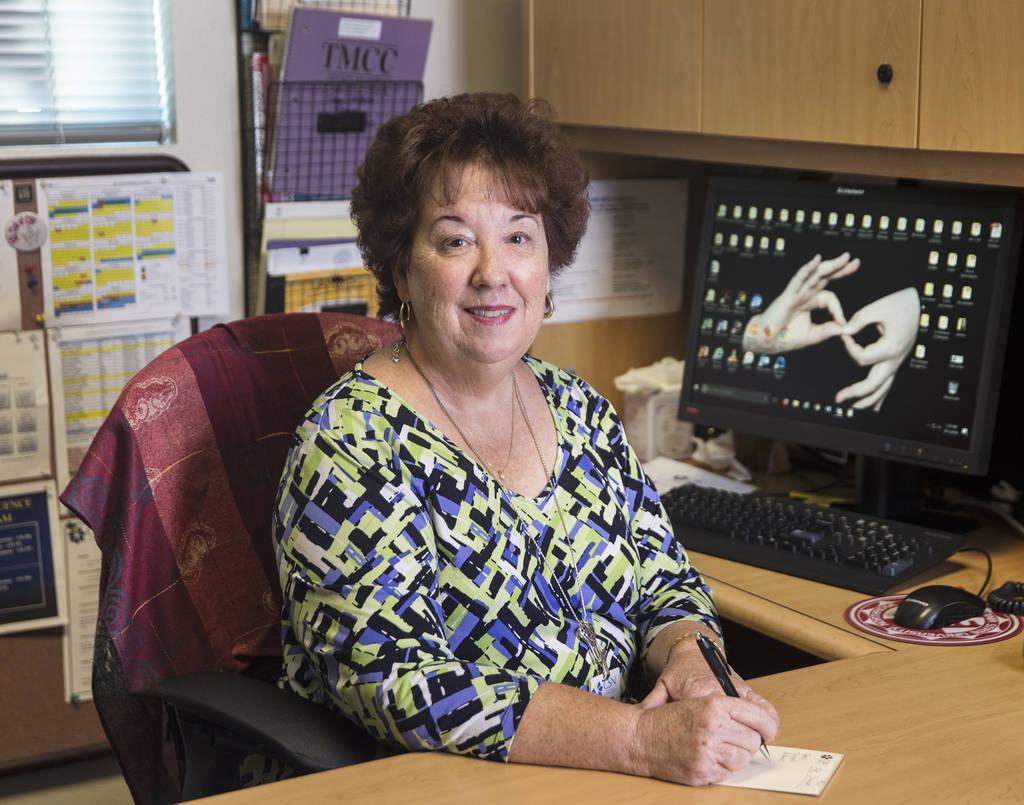
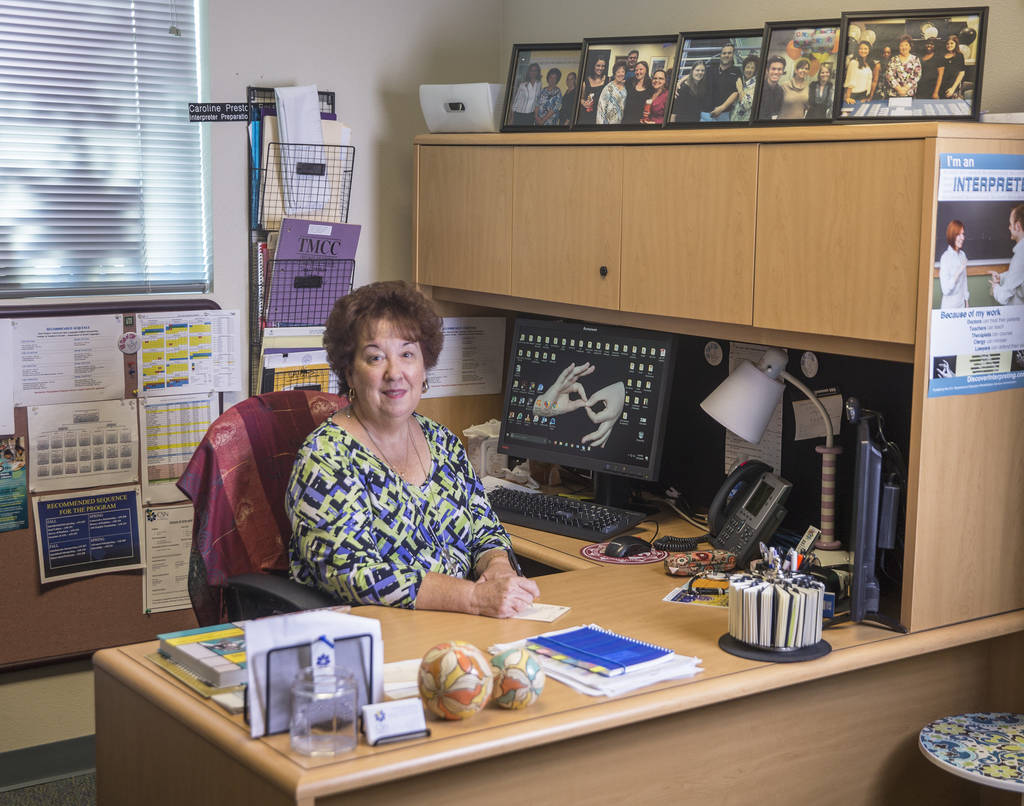
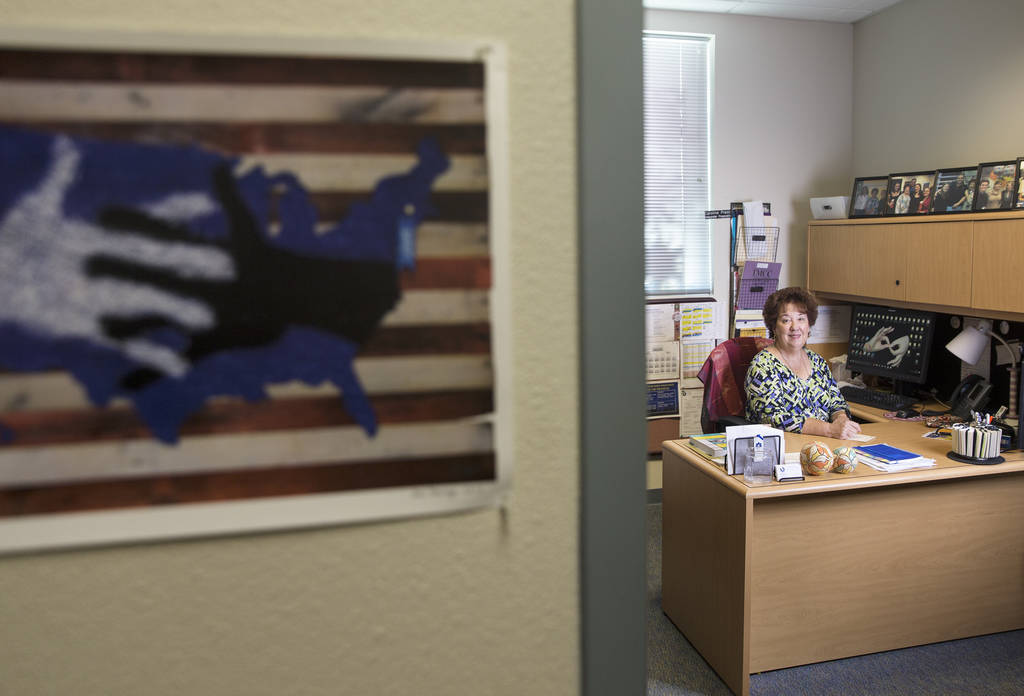
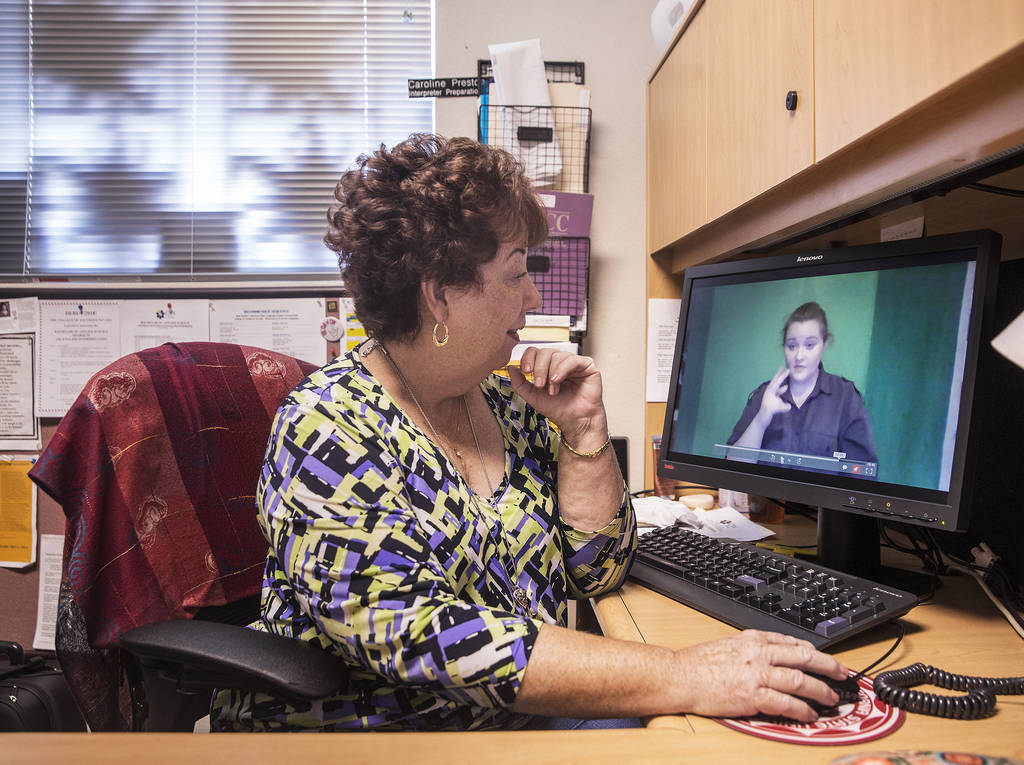
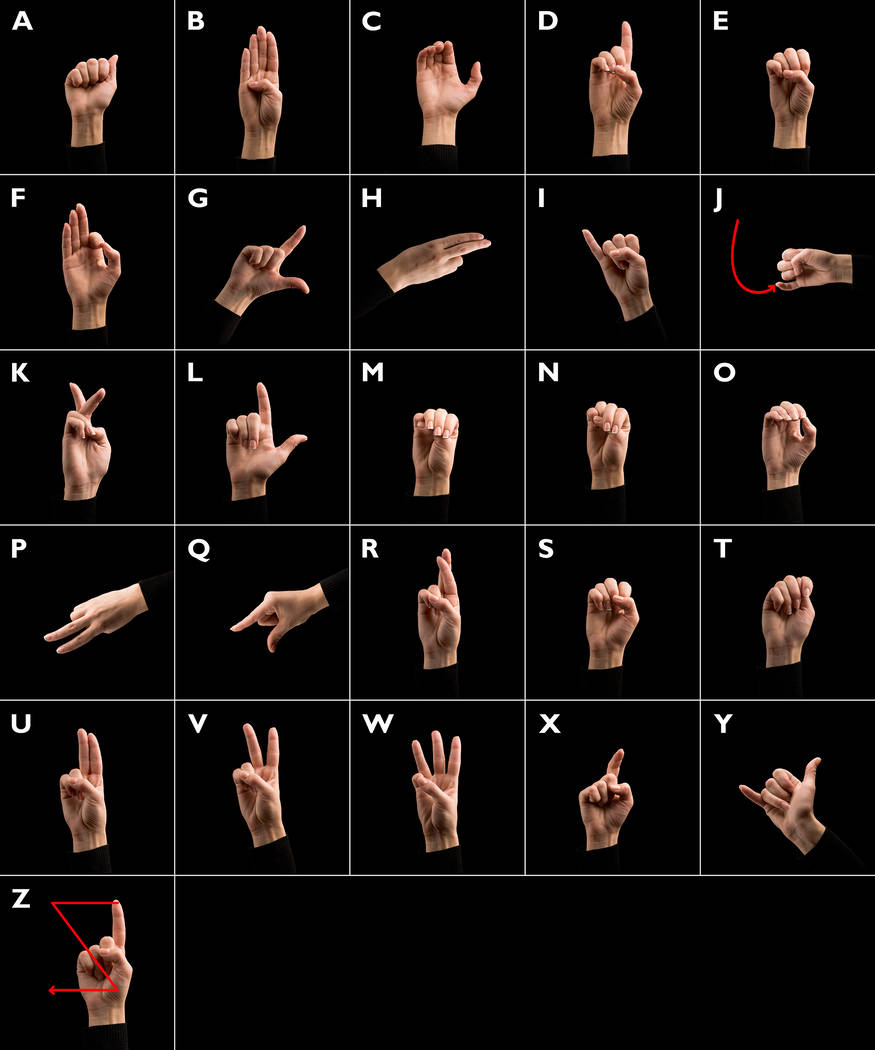

It’s likely quiet in Caroline Bass’ classroom today, though not for lack of conversation.
The College of Southern Nevada welcomed its first cohort of students working toward a four-year bachelor’s degree in American Sign Language (ASL) and interpreting on Monday. It’s the school’s seventh bachelor’s program.
The program, which replaces an associate’s degree in interpreting, was more than a decade in the making, due to budget issues and an arduous approval process. The Nevada System of Higher Education approved the program in June.
“When I first moved here, I sat here and scratched my head. Why do we have two (associate’s) degrees?” Bass, lead faculty member in the school’s deaf studies and interpreting program and the child of deaf parents, remembered asking herself.
ASL first-timers and returning learners are enrolled in five program-specific courses this semester. The program, which requires 120 credits for graduation, is built on seven existing courses that once made up the associate’s degree in interpreting and will grow by six courses over the year. Up to 12 people had enrolled in the introductory interpreting course as of Wednesday, Bass said.
The new major will provide educational opportunities in niche areas of interpretation, including medical and educational interpreting.
The program is the second in Nevada that trains students to master ASL with the hope those graduates will stay in-state to interpret for the area’s deaf community. Nevada State College launched a bachelor’s degree program in deaf studies last year.
In Southern Nevada, Deaf Centers of Nevada Executive Director Kevin Carter estimates 2,000 to 2,300 people are deaf.
“What’s happened for us in Nevada is we’ve had to go out of the state to recruit,” said Carter, who estimates the center receives up to 150 interpretation requests daily for services such as doctor’s appointments or court hearings that are spread among about 60 interpreters.
The College of Southern Nevada has offered an associate’s degree in interpretation since the early 2000s, which helped fill the local workforce. Then the National Interpreter Certification process began mandating bachelor’s degrees for certification in 2012.
Though the mandate raised the bar for interpreters to become qualified in their field, it also created a shortage of services nationwide and in Nevada, Bass said.
“Many, many hospitals do not call interpreters when deaf people come in. The police department has struggled getting interpreters at the last minute when they need somebody,” Bass said. “It’s not an ideal situation.”
For the deaf, limited access to a communicator who can connect them to the hearing world can leave them feeling like they’re in a foreign country and don’t know the language, Carter explained.
“It isn’t a communication style; it’s actually a language,” he said. “When you go to this place and American Sign Language is your language and no one else speaks your language, you’re going to have to rely on someone else to help you navigate what you and I take for granted.”
Harley Hollis, 23, is eager to be part of the solution. After finishing an associate’s degree in deaf studies in spring 2017, she’s returning to school for the bachelor’s degree that will take her one step closer to legal or educational deaf interpreting.
“Going from one language to another is, I mean, it’s very crucial to know what you’re doing,” said Hollis, a native Las Vegan who was looking to stay put for school and work. “I think these classes will improve interpreters who get nationally certified.”
Courtney Stevens, a 21-year-old Las Vegan, finished two associate’s degrees at CSN in May, one in deaf studies and another in interpreting. She’ll take the remaining coursework required to complete the bachelor’s degree and then seek national certification.
Bass said seeing her idea for a bachelor’s degree come to fruition is a dream come true. She planned to celebrate with a party for her students this fall.
“It was a long haul,” Bass said. “But we did it.”
Contact Jessie Bekker at jbekker@reviewjournal.com or 702-380-4563. Follow @jessiebekks on Twitter.



